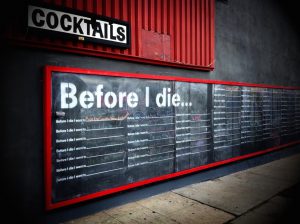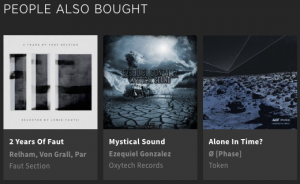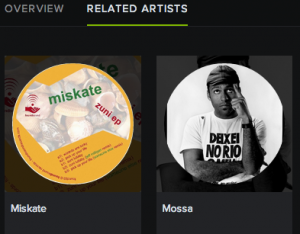Are Albums Still Relevant?
Are albums still relevant? Ok, that’s kind of a loaded question, because yes, I think they still are. There’s been a trend in the last four years, where people are saying that “the concept of the album is dead, no one listens to albums, blah blah blah blah blah.” I hear this all a lot. If you look at the current trends, it makes sense: you look on Spotify and a lot of people release EPs and singles because it’s the surest way to game the algorithm to get plays.
However, the concept of singles and EPs bores me to death. Like, I hate it. When I see a song, I’m like, “Oh, I want to hear the album it’s coming from.” So I go and check and quite often, it’s a single. This turns me off so much that sometimes I get angry. It’s like the artists have lost their balls, for lack of a better term. It’s like they’re being dictated by the capitalist system that says that putting out singles is the most efficient way to market their art. I think that’s a problem because artistry and capitalism rarely go hand in hand. When I see a single, all I can think is, “Where’s your artistry? Where is your vision? Where’s your soul? Is that all you have to say?”
To me, I find that albums are narrative. When I go watch a movie like Doom, or Star Wars, it pisses me off a little bit because there is no climax, instead, they hold you in suspense for years waiting for the next flick. Personally, I would rather see a movie that is five hours long instead of three movies. This is why I love series where they release all the episodes at once, like on Netflix. I know that it’s long enough that I’m going to become invested in the characters, and by the end of it, I will feel like I lost friends, and have experienced something.
To me an album, especially long albums that are an hour long at least, I find that it’s like a window to the artist’s studio. I feel like I’m peeking into the studio and I’m hearing the music he’s been working on in the last six months or year. Sometimes you listen to the songs and you feel like the artists went through different life-changing experiences, or experienced inspiration from a certain artist, and then they came up with an artistic response to their influences like they’re trying to make a statement within a specific culture.
I find that as artists and musicians nowadays we need to step up, and we need to be assertive in the way we expose ourselves in the music. If that means that we’re going to have an album with only two solid songs, where the other ones are experiments, then so be it. There’s a certain romanticism with an album where you’re relieving the artist of the pressure of coming out with the best side of himself for singles every time.
Additionally, with albums, I like the fact that you can sit with an album and you can listen to it on shuffle and have a different story each time. Sometimes I’ll do this for a week straight and marinate in someone’s creative potential.
Another thing that I love is when an artist has multiple albums, and sometimes you listen to one and you’re like, “Wow, this sounds completely different, but I see a relation to the previous one.” It’s nice to see the evolution between the two.
I like listening to albums, because I want to hear the music you did in December, for instance, even if it’s not perfect. I love that. That’s why when I make an album I typically make it in a day or two, in order to collect the thoughts that I was having at that moment and time.
Typically, I never spend more than an hour and a half on a song, which a lot of people think is crazy. When people ask how I write an album so fast, my response is pretty straightforward – I have an efficient workflow. Now, that doesn’t mean that I only work on music for hour and a half increments. The work goes in beforehand, making sure that I have all the elements that I need to create an effective mood board.
Since I spend time getting all my samples and sounds in order when I make a song, I know exactly what I want, and I add the stuff around it from my template. And then I continue what I did in the previous one, and once I’ve finished that one, I open the third one, and so on and so forth. Then by the end of the day, I have a ton of new songs.
Some people will ask me, “How do you jam if you don’t have a bunch of gear – it’s a pain to MIDI map everything every time.” Well, if you’re using Ableton, it’s called Ableton Live for a reason. Use the session view, and start clicking clips you have loaded – you don’t need anything fancy.
I also have another student who just sings into an audio clip and then converts that into MIDI using the option in Ableton. It wouldn’t translate perfectly, but that was part of the fun of it all – it created restrictions.
Also remember, you don’t have to finish a song in one go – you can work on multiple songs at the same time. When you’re feeling stuck on one, just start another one, or open a previous project from that thought.
Another key to making albums quickly is to make it a habit. Prince was recording a few tracks a day, and now there’s a library of music in his vault. Ricardo Villalobos is the same way – he typically doesn’t spend more than a day on his songs. He just jams. A big part of this motivation comes from success, however, in order to be successful in this day and age you have to break through the noise, and releasing a ton of stuff is a good way to do that. Success, just like output is a grind, never forget that, but with it comes a lot of personal satisfaction.


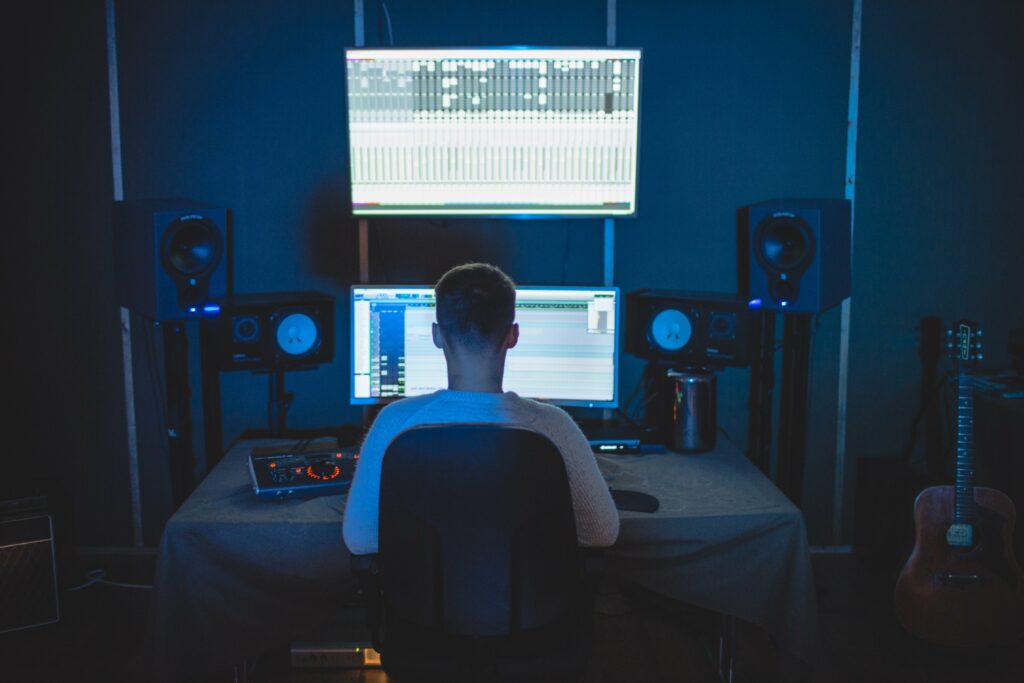



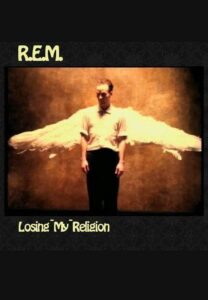
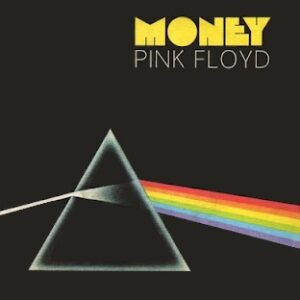

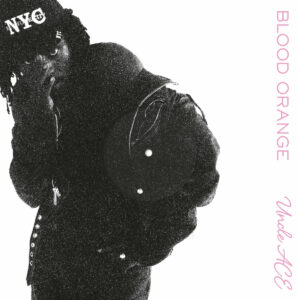
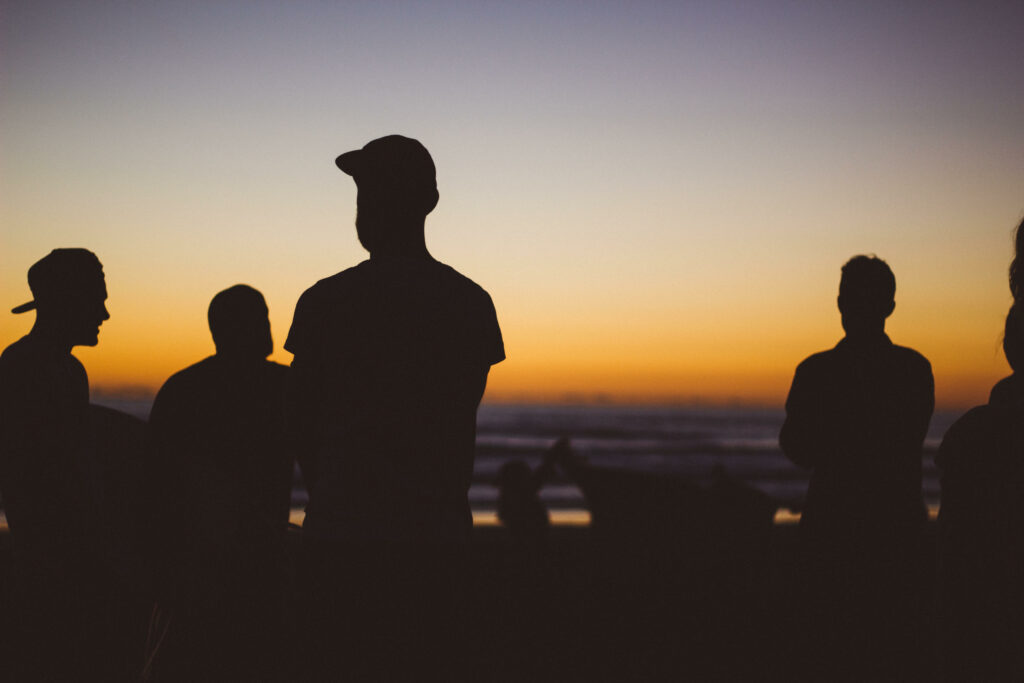

 In my career, I’ve learned a few things regarding how to deal with the lows. It comes down to perception mostly, but also to how you approach things. The thing is, no matter if you’re riding a high or a low, you are exactly the same. External factors can trigger frustrations but they’re not responsible of your emotions. While it is known that physically, making music can release some internal hormones that give pleasure just as a drug, on the flip side not being able to do music can also be hurtful.
In my career, I’ve learned a few things regarding how to deal with the lows. It comes down to perception mostly, but also to how you approach things. The thing is, no matter if you’re riding a high or a low, you are exactly the same. External factors can trigger frustrations but they’re not responsible of your emotions. While it is known that physically, making music can release some internal hormones that give pleasure just as a drug, on the flip side not being able to do music can also be hurtful. Guerilla Marketing can be defined as a “low cost and sometimes disruptive marketing strategy to see the viability of an idea.” But mainly, it’s about doing something unusual to get attention. The best example I can share from my own experience would be one marketing blast I was part of in the early 2000s when Netlabels emerged, giving away music for free online and through any other possible channels. Giving away quality music was disruptive but also in tune with people who, back then, were also interested in getting music for free (note: it was in the golden age of music piracy and illegal downloads). In Montreal, in 2017, when it was said cannabis was going to be legalized, there was a guy who illegally opened four stores to sell it. He knew it was illegal and once it was shut down, everyone understood it was a publicity stunt for when it would be legal.
Guerilla Marketing can be defined as a “low cost and sometimes disruptive marketing strategy to see the viability of an idea.” But mainly, it’s about doing something unusual to get attention. The best example I can share from my own experience would be one marketing blast I was part of in the early 2000s when Netlabels emerged, giving away music for free online and through any other possible channels. Giving away quality music was disruptive but also in tune with people who, back then, were also interested in getting music for free (note: it was in the golden age of music piracy and illegal downloads). In Montreal, in 2017, when it was said cannabis was going to be legalized, there was a guy who illegally opened four stores to sell it. He knew it was illegal and once it was shut down, everyone understood it was a publicity stunt for when it would be legal.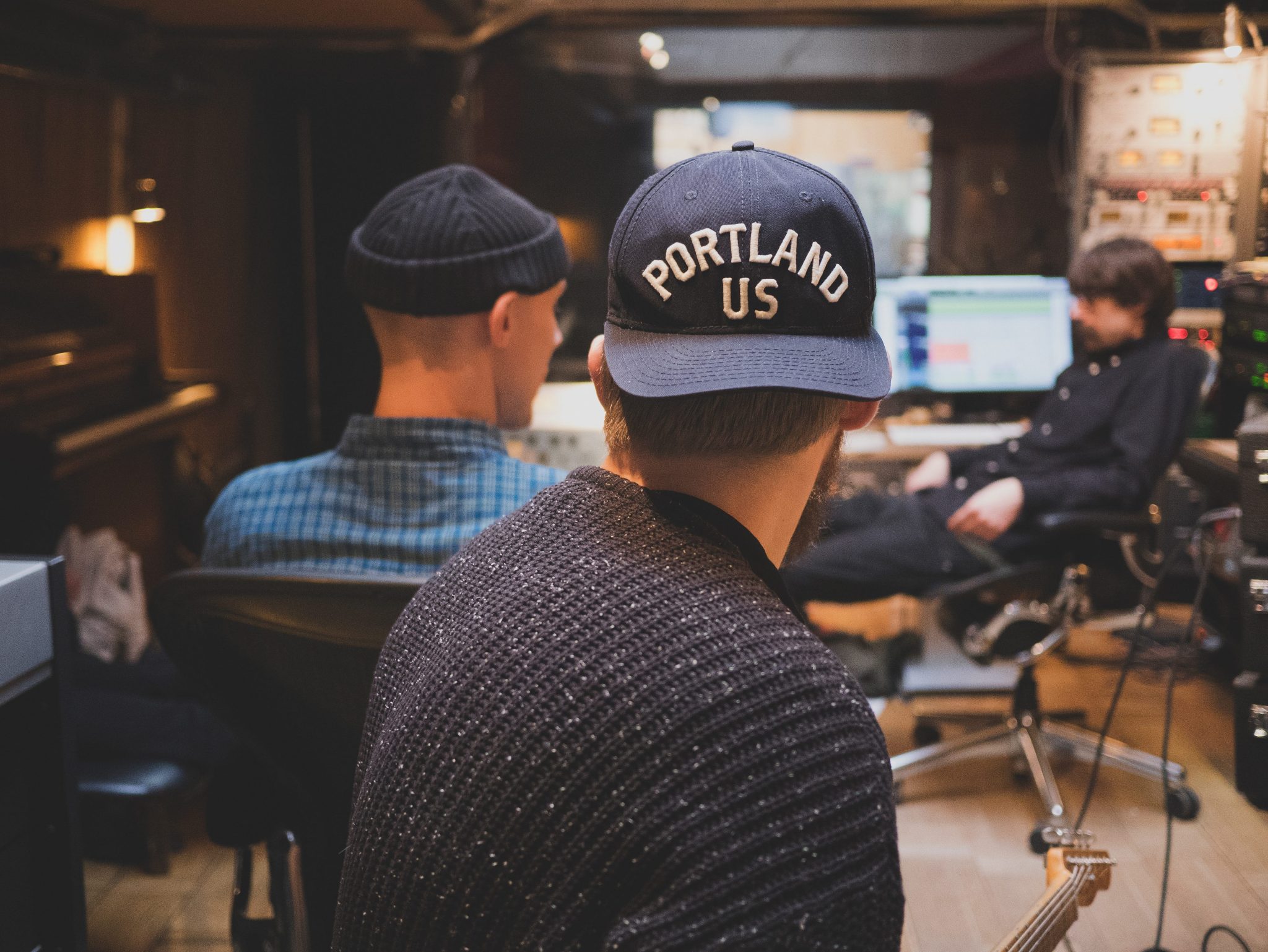
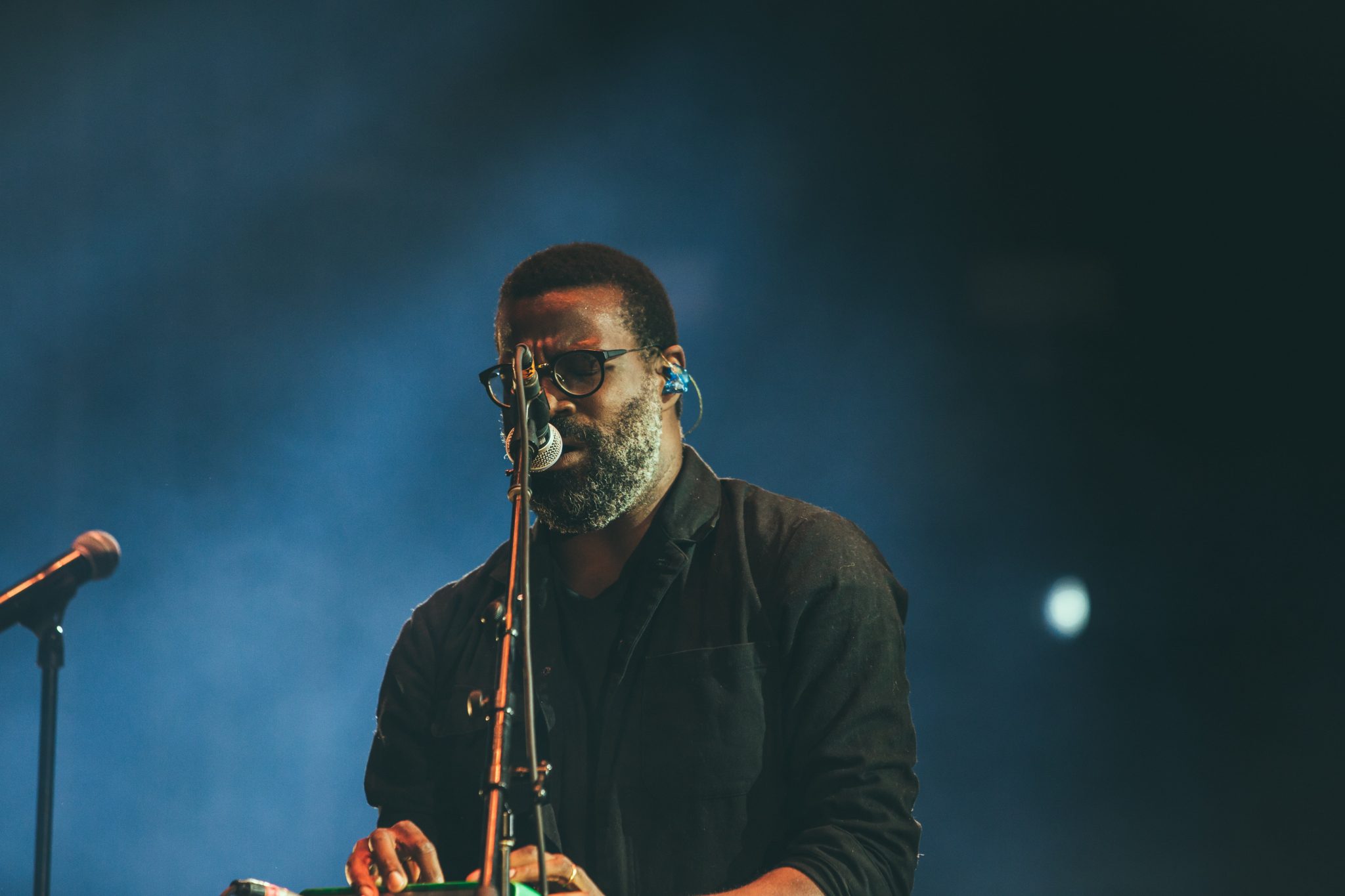 Patience. this is perhaps the most prized trait a label will appreciate from you. In this fast paced world, patience is not only rare but it is also a quality that we all need to work on. It’s about having trust that things will work out in the end and that one’s results will be something that happens in some distant future. Parallel to patience, this goes hand in hand with trust. One goes with the other. It means to be able to have a bigger picture of things, that perhaps somewhere down the road, something great will be happening. Maybe not… but to not lose patience over delays is critical as these are common in the music industry.
Patience. this is perhaps the most prized trait a label will appreciate from you. In this fast paced world, patience is not only rare but it is also a quality that we all need to work on. It’s about having trust that things will work out in the end and that one’s results will be something that happens in some distant future. Parallel to patience, this goes hand in hand with trust. One goes with the other. It means to be able to have a bigger picture of things, that perhaps somewhere down the road, something great will be happening. Maybe not… but to not lose patience over delays is critical as these are common in the music industry. What is a mature sounding track?
What is a mature sounding track?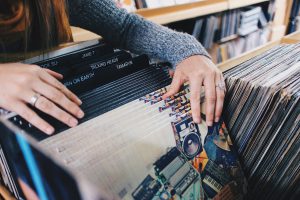


 The fact is that timing is crucial. It’s been said that a hit happens when the right artist arrives with the right song, at the right moment. Today, pretty much everyone would agree that Michael Jackson’s Thriller is a classic, but at some point, the record label had to make a tough call about whether the album would resonate with people. Of course, it’s more of an art than a science to try to gauge if a song might break through. But this is what labels do.
The fact is that timing is crucial. It’s been said that a hit happens when the right artist arrives with the right song, at the right moment. Today, pretty much everyone would agree that Michael Jackson’s Thriller is a classic, but at some point, the record label had to make a tough call about whether the album would resonate with people. Of course, it’s more of an art than a science to try to gauge if a song might break through. But this is what labels do.
